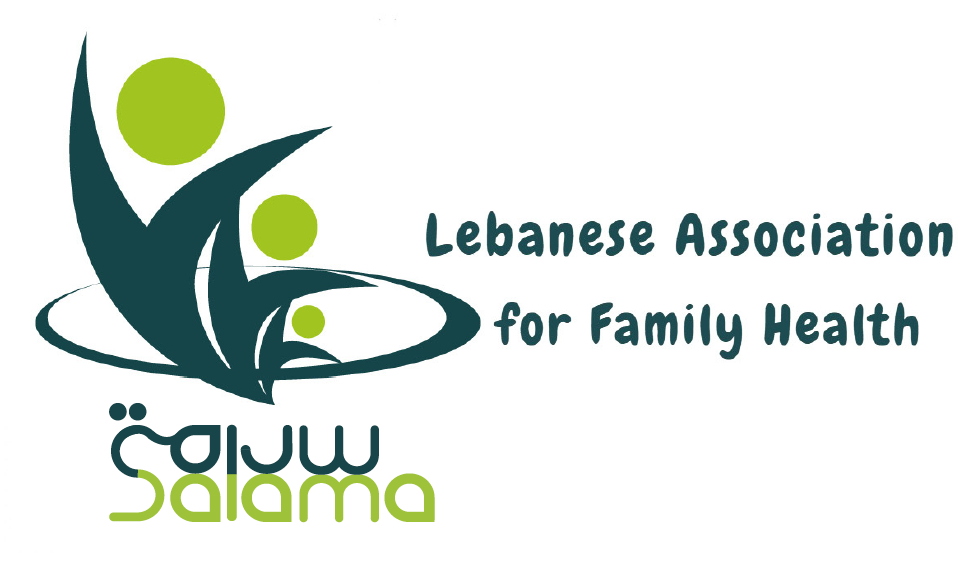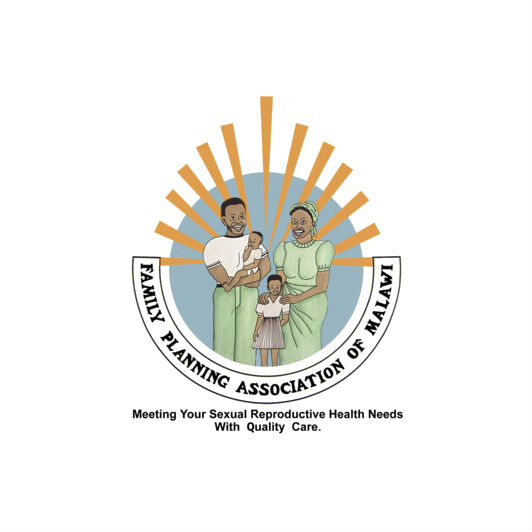

| 31 March 2016
Lebanese Association for Family Health
SALAMA, the Lebanese Association for Family Health, is an NGO founded in 2008 under the statement of registration No 1740. SALAMA advocates for sexual and reproductive health and rights SRHR by inducing the concerned authorities in Lebanon to support and protect SRHR, promotes and provides high quality SRH services (for children, young people, men and women), and raises awareness for all groups in the society (particularly the underserved and marginalized) in order that they make informed decisions regarding their SRHR. SALAMA is a member of different working groups and networks in Lebanon and at the Arab world regional level. SALAMA’s objectives are: Gain Support of decision makers and champions to modify, approve and activate laws and develop national strategies related to SRHR issues. Strengthen partnerships with non- governmental and private organizations, women and youth groups, and champions to advocate for SRHR. Empower youth on comprehensive sexuality education CSE in order to fulfill their sexual and reproductive rights. Increase awareness of community and individuals on SRHR issues, stressing on engaging champions, intellectuals and media. Provide high quality SRH services, particularly to the marginalized and displaced people. Enable SRH services especially to the marginalized and displaced people through other stakeholders. Enhance The effectiveness of the association & Mobilize Resources. Expand the volunteers and activists base and enhance their capacities. SALAMA has 1 clinic in Bekaa- Zahle (Karak), targeting around 4,000 beneficiaries and providing around 40,000 services per year.
| 20 January 2025
Center of Arab Women for Training and Research
Center of Arab Women for Training and Research

| 31 March 2016
Family Planning Association of Malawi
When it was founded in 1999, the Family Planning Association of Malawi (FPAM) focused on providing family planning services. As the organization has evolved, it has both refined and expanded its operation. Today, FPAM targets young people primarily, and reaches out to under-served rural communities. As a result, it operates 64 service points, including 53 mobile sexual and reproductive health (SRH) facilities and 4 static clinics. Its community-based distributor/services (CBDs/CBSs) profile is also very strong with 65 additional delivery points. As ever with IPPF Member Associations, the mix of outlets and approaches is very much led by the particular demographic and geographic needs of the country. FPAM also provides youth-friendly SRH information, education and behaviour change communication materials to young people at 4 youth centres, and through schools. Peer educators use group discussions, theatre performances, publications and audio-visual materials produced by community reproductive health promoters to pass on the message about good SRH practice and access to resources. The distribution of contraceptives, pregnancy testing, the diagnosis and treatment of sexually transmitted infections (STIs) and voluntary counselling and testing (VCT) for HIV are core to FPAM’s clinic activity. For its successful operation, the organization depends on a team of 46 full-time staff and over 600 volunteers. Over the years, FPAM has forged partnerships with health, family and youth departments in government, to advocate forward-thinking national SRH policies. It works with a variety of non-governmental organisations (NGOs) including the Malawi Girl Guides Association and Banja La Mtsogolo. Financing support comes from UNFPA, IPPF’s Japan Trust Fund, the Japanese Organization for International Cooperation in Family Planning (JOICFP), UNICEF, National AIDS Commission, GTZ, and Youth Incentives. FPAM also networks with other SRH-focused groups, particularly in the fields of HIV and AIDS and youth issues.
| 20 January 2025
Proud Lebanon
Proud Lebanon







